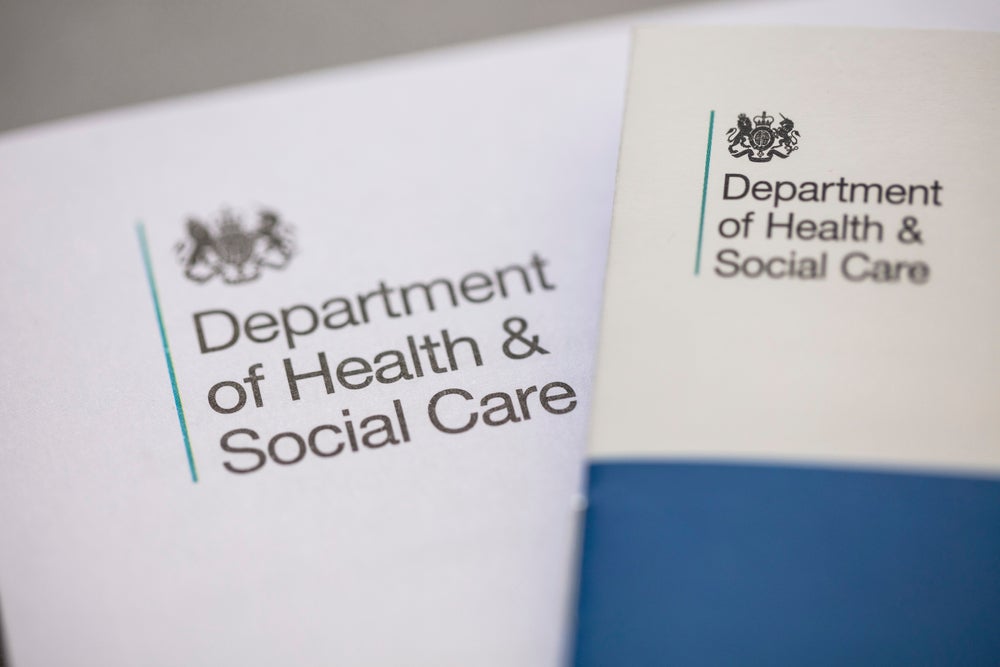Rome, Italy (WCOA 2014). The Chartered Institute of Public Finance and Accountancy (CIPFA) has launched a register specifically designed to tackle global fraud risk in the public sector.
The register, a research initiative, is aim at collating the most common fraud risks that government and public sector organisations face country-by-country, according to CIPFA.
After that first step, CIPFA will merge those registers at country level into a global one next year.
CIPFA hoped this tool will give organisations a better understanding of the sources of fraud, so that they can efficiently and timely react and tackle corruption.
"When fighting fraud, knowledge and understanding of the risks you face give you the power to act to prevent criminal activity and protect your organisation," CIPFA chief executive Rob Whiteman said.
CIPFA chairman Ian Ball, who received yesterday IFAC’s gold service award, said it’s not a coincidence that the lack of accountability and poor accounting lead to the fall of nations.
How well do you really know your competitors?
Access the most comprehensive Company Profiles on the market, powered by GlobalData. Save hours of research. Gain competitive edge.

Thank you!
Your download email will arrive shortly
Not ready to buy yet? Download a free sample
We are confident about the unique quality of our Company Profiles. However, we want you to make the most beneficial decision for your business, so we offer a free sample that you can download by submitting the below form
By GlobalDataBall was quoting the book entitled The Reckoning: Financial Accountability and the Rise and Fall of Nations by Jacob Soll.
Ball continued citing Soll: "Over and over again good accounting practices have produced the level of trust necessary to found stable governments and vital capitalist societies, and poor accounting and its attendant lack of accountability have led to financial chaos, economic crimes, civil unrest, and worse."
IFAC outgoing president Warren Allen, who presented the award to Ball, delved into history and made a reference to the causes behind the decline of the ancient Roman Empire.
Among those were economic troubles, public sector overspending and government corruption, Allen noted.
"More than 500 years on, those issues seem to be present nowadays," he said.
Nations are still in recession after the debt crisis, he said, and the threat of corruption stemming from "shadowy and secret dealings" remains in place.
Allen called for greater transparency in the public sector to fight government’s corruption, which is a task not only for accountants but the global business community.






